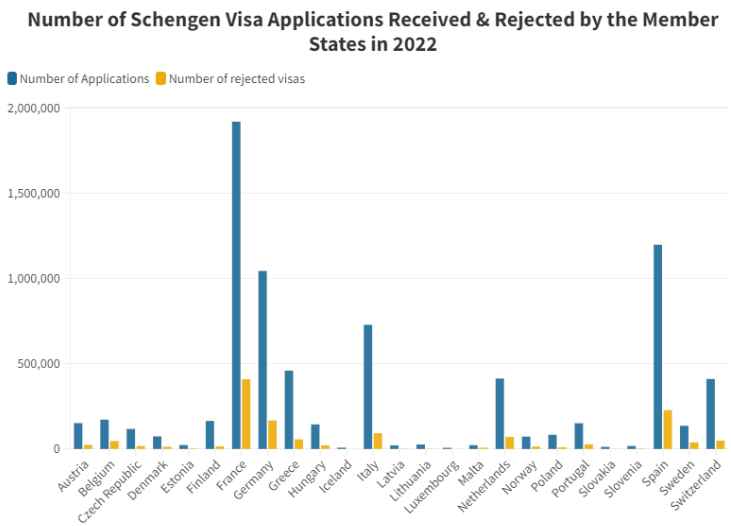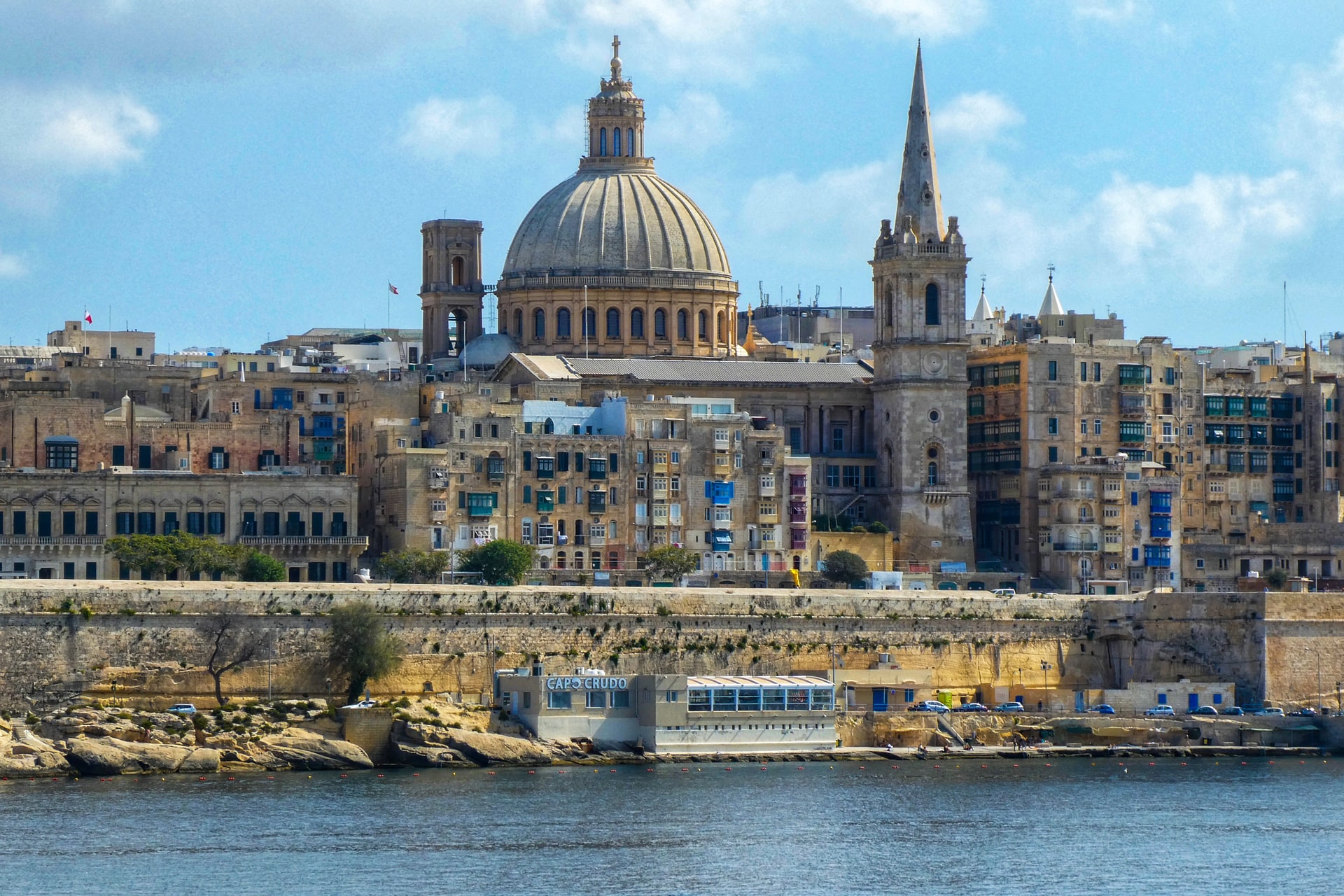Malta leads the way as the country to most likely have rejected a Schengen visa application, having denied more than a third of all applications in 2022.
A Schengen visa is an authorisation issued by a Schengen state that allows travellers to enter the Schengen area for:
- intended short stays in or transit through the territory of a Schengen state (short stay visa)
- transit through the international transit areas of airports of the Schengen states (airport transit visa)
Short stays are stays of no more than 90 days within any 180-day period.
Data released by Schengen Visa Statistics show that Malta received 22,275 visa applications in 2022, of which 7,915 were rejected. While in absolute terms it receives one of the smallest amounts of visa applications in Europe, it holds the largest share of rejections.

The consulate of Malta in Algeria rejected the largest share of visa applications. A whopping 85.7 per cent of all 2,305 applications were denied. This was followed by a rejection rate of over 70 per cent from Ghana and Morocco, both of whom had 2,305 and 438 applications respectively.
Libya and Algeria collectively received 3,948 rejections, amounting to 49.9 per cent of all rejections.
Meanwhile, Australia is the only country Malta did not reject any visa applications from.
There may be several reasons why a visa application may be rejected, especially applications from countries which Malta, and the EU at large scarcely has any travel agreements with.
The reasons include: insufficient explanation for the purpose and circumstances of the planned stay, insufficient proof that the individual can prove subsistence, invalid travel insurance and lacking proof of accommodation, among others.
In absolute numbers, France, Spain, and Germany rejected the largest number of visa applications, collectively denying more than 800,000 applications.
Malta wins top international tourism award in Italy
Recent initiatives aimed at diversifying tourism flows and strengthening off-peak demand
Welbee’s doubles down on Christmas cheer with ambitious plans for 2026
Head of Marketing Miguel Borg outlines how Welbee’s is closing the year with momentum and what's in store for 2026
New Msida flyover comes with triple-layered barriers
It also includes a barrier between the two lanes that can be dismantled in case of an emergency






